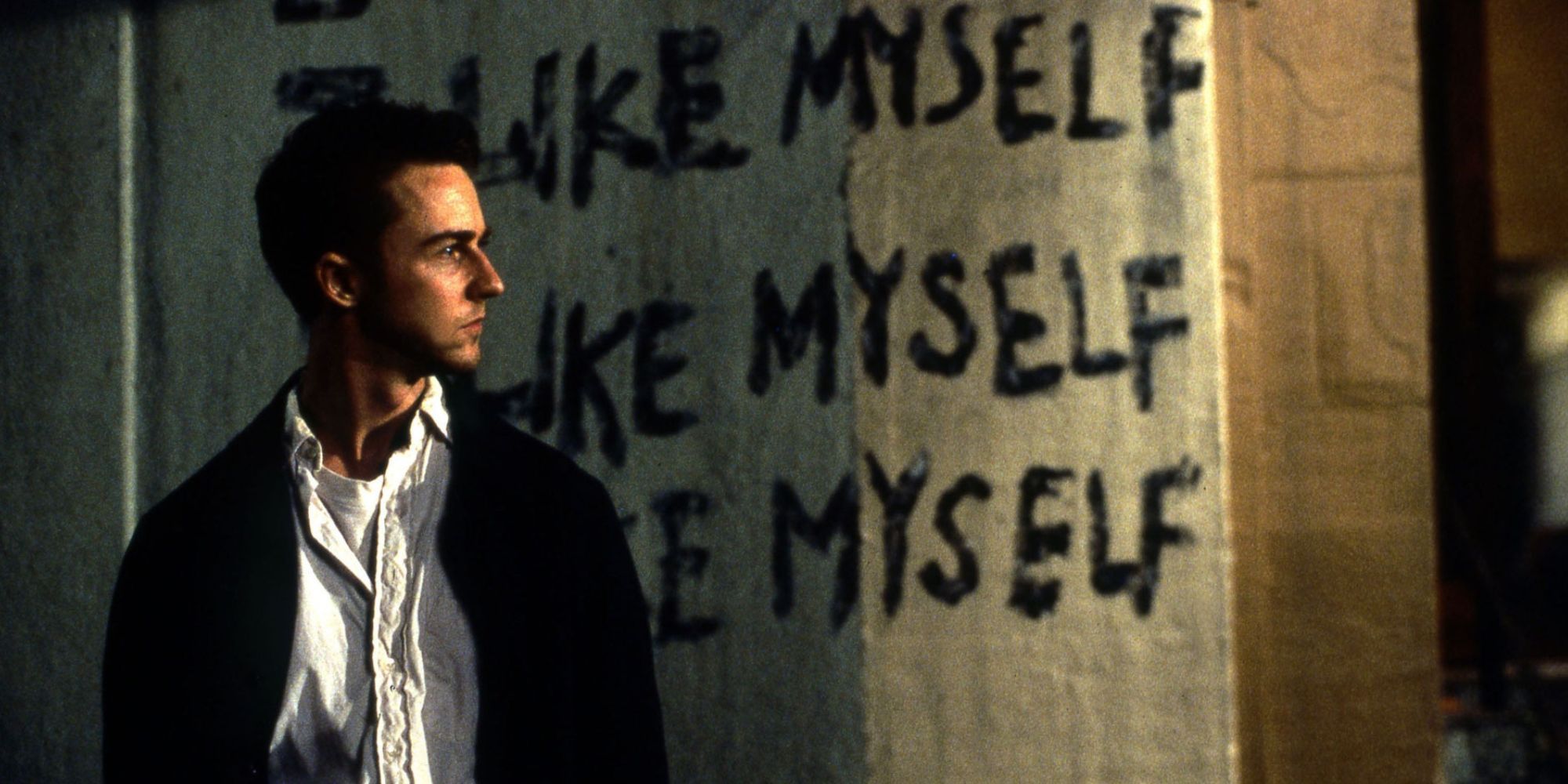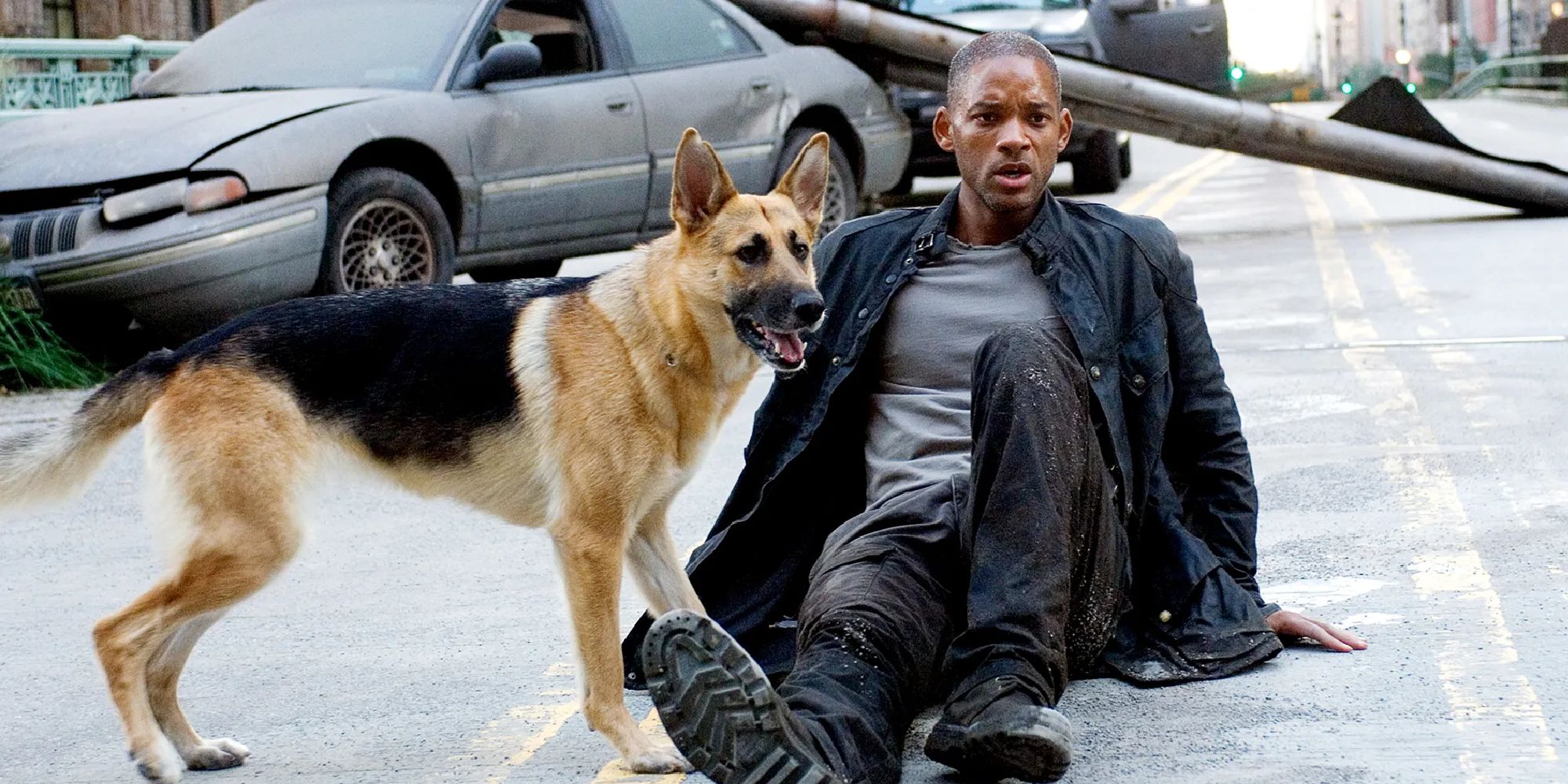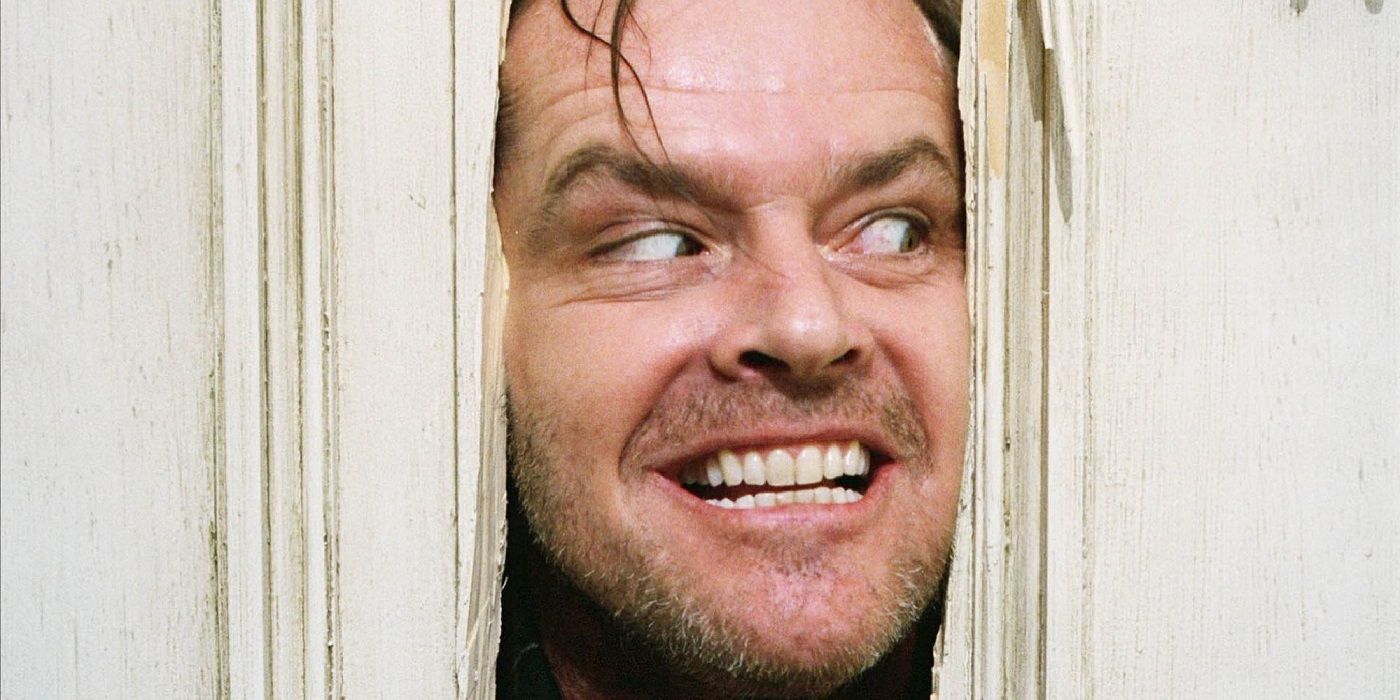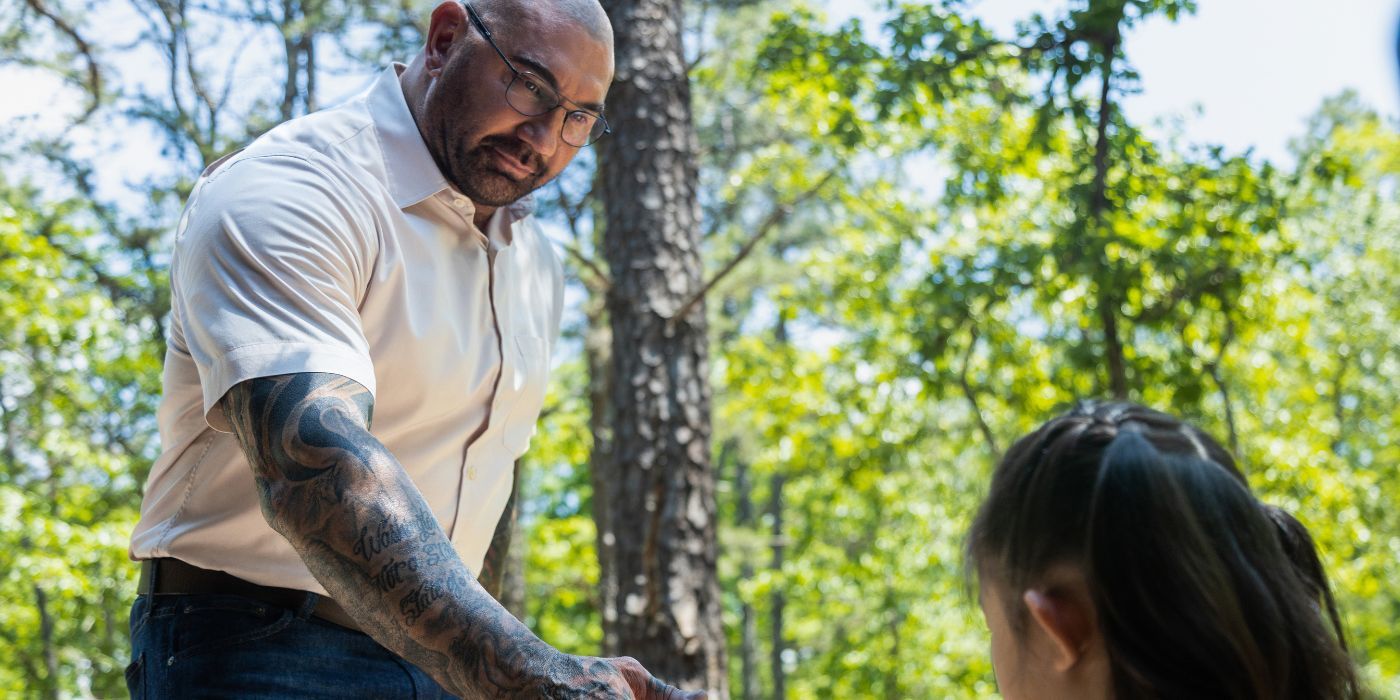[ad_1]
When adapating a medium to film or television, you’re going to make some changes. After all, it would be predicable if the events that transpired on the screen were the exact same as those that happened on the page. And sometimes elements or characters may not have aged all that well. But every so often there are major changes to a book adapation, particularly in the ending. And the following films deviate wildly from their planned endings. Sometimes those changes are for the better.
Jurassic Park (1993)
Steven Spielberg helped bring the blockbuster into existence with films like Jaws and Jurassic Park. Both films share quite a bit in common — they feature an ensemble cast, cutting edge (at the time) technology, and tales of man facing off against nature in the form of a killer shark and genetically engineered dinosaurs respectively. But what many may not know is that Jaws and Jurassic Park are based on books. And in the latter’s case, Spielberg took a decidedly less nihilistic ending than was intended.
In Michael Crichton‘s novel, a great deal of the cast falls prey to their prehistoric opponents. Henry Wu (B.D. Wong) is killed by a pack of Velociraptors; he survives in the film and ends up driving the plot of the Jurassic World trilogy. And the park’s owner John Hammond (Richard Attenborough) falls into a nest of Procompsognathus and is eaten alive. But the biggest change involves the park itself. In the film, many of the human characters manage to escape, leaving the island to the dinosaurs. But in the novel the island is razed with napalm…and an epilogue hints that some of the dinosaurs survived, setting the stage for the sequel The Lost World.
Forrest Gump (1994)
“Life is like a box of chocolates…you never know what you’re going to get.” Those words, spoken by Tom Hanks‘ titular protagonist in Forrest Gump, sum up the film itself as well as the Winston Groom novel it’s based on. Both follow Gump as he winds up shaping the course of American history, and his shifting relationship with his childhood friend Jenny. In both versions, Forrest eventually launches a shrimping empire and learns that he had a son with Jenny. But the novel reveals that Jenny is married; Forrest decides to head on the road with his former CO Lieutenant Dan.
This is a major departure from the film, where Jenny dies after contracting AIDS and Forrest ends up raising their son. It is a more bittersweet ending though, as Forrest is able to live his life but without Jenny by his side. But at least nobody ever thought to adapt the controversial sequel.
Fight Club (1999)
David Fincher’s Fight Club, unlike its antagonist Tyler Durden, didn’t manage to set the world on fire. But in the years since its theatrical release it’s become a cult classic, largely due to the twist in its story. That twist? Durden and the story’s narrator are one and the same. While the narrator sleeps, Durden is free to commit his acts of anarchy. This essentially means that author Chuck Palahniuk crafted a modern day version of Dr. Jekyll and Mr. Hyde.
The end of the film finally has the narrator stand up to Tyler and “kill” him by shooting through his cheek, halting his Project Mayhem. But in the end of the novel, the narrator ends up shooting himself fully in the head – and he survives, with some heavy implications that Tyler did as well. It’s a far cry from the film’s more heartwarming ending, which features the narrator reconnecting with his lover Martha.
I Am Legend (2007)
The film version of I Am Legend already differed greatly from the Richard Matheson novel it was based on. For starters, it took place in the modern day. And while Matheson’s novel features a race of humanity that’s transformed into vampires, the film features a race of generic albino mutants chasing after Will Smith. But the film had two endings, and the theatrical one hews fairly close to the original novel: Robert Neville commits suicide while stopping the mutants from destroying a cure he created.
However, in the original ending he survives and has a moment of epiphany with the mutants’ leader, realizing that in the mutants’ eyes he’s become as much of a monster to them as they are to him. Apparently this ending was panned by test audiences – but it’s serving as the basis for an upcoming sequel which features Smith reprising his role alongside Michael B. Jordan.
The Scarlet Letter (1995)
The tale of The Scarlet Letter is well-known at this point thanks to numerous film adapations (including the best one in Easy A) as well as the book being a staple in high school English curriculums. One of the most infamous film adapations came in 1995, with Demi Moore playing Hester Prynne. To say it took liberties with the source material is an understatement – whole swaths of the plot have been changed or excised, especially the ending.
The book centers around Hester being labeled an adulteress after she bears a child out of wedlock. As punishment, she is forced to wear a large scarlet “A” for the rest of her life. Her husband Roger (Robert Duvall), desperate to find out who the father of her child is, ends up sparking a war between the Algonquian natives and the Puritans. Now while the original novel wasn’t exactly a bastion of progressive thinking, it never featured a scene as baffling misguided as this.
The Shining (1980)
On the opposite end, Stanley Kubrick‘s adapataion of The Shining is considered one of the greatest horror films of all time – despite the liberties it took with the source material. This is especially clear in the endings: in the original novel the Overlook Hotel explodes, killing Jack Torrence. But in the film, his death is much, much crueler. While chasing his son Danny and wife Wendy through a snowy maze, Jack is tricked into a dead end and freezes to death. Author Stephen King has made no bones of the fact that he hates the film adapatation of The Shining, even accusing Kubrick of being too emotionless to appreciate the story. “What’s basically wrong with Kubrick’s version of The Shining is that it’s a film by a man who thinks too much and feels too little; and that’s why, for all its virtuoso effects, it never gets you by the throat and hangs on the way real horror should,” King said in an interview.
Knock at the Cabin (2023)
What would you be willing to do to save the world? That’s the question at the heart of M. Night Shyamalan‘s latest thriller Knock at the Cabin. A family is taking a vacation at a remote cabin when they’re cornered by a strange group of people who claim that unless the family sacrifices one of their own, the world will be subjected to all manner of horrific events. Initially, father Eric (Jonathan Groff) is suspicious – especially with the zealots’ leader Leonard (Dave Bautista) resorting to deadlier methods to convince him to make a choice. But ultimately he offers himself as a sacrifice, and the world is at peace.
In the novel The Cabin at the End of the World, which the film is based on, Eric’s daughter Wen is killed after a struggle between his husband Andrew and Leonard. Andrew also talks Eric out of suicide because he cannot believe in a God that would let their daughter die. It’s a decidedly darker ending, but it also offers a glimmer of hope.
[ad_2]
Source link
Armessa Movie News




